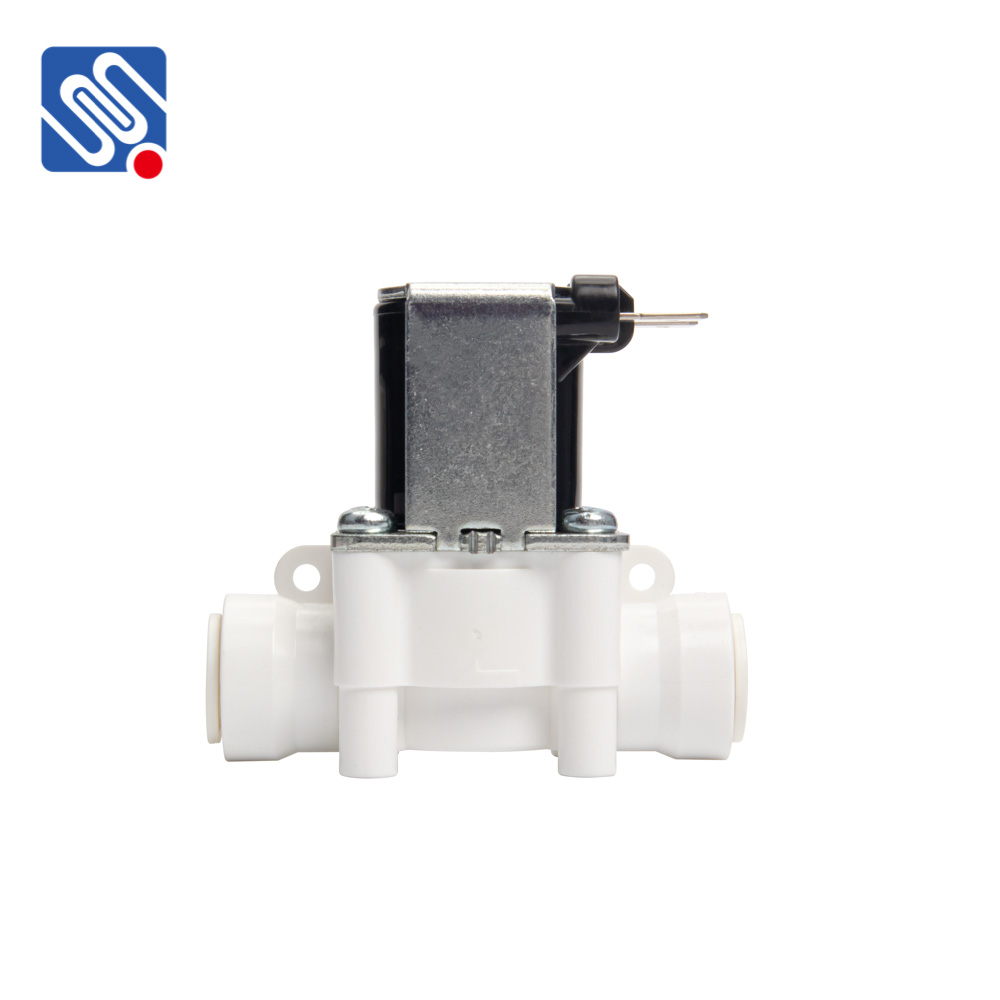the role of filtration system solenoid valve in modern filtration technologies
Release time:2025-09-15 07:38:12
In modern filtration systems, the efficiency of fluid or gas flow regulation is critical to maintaining clean, safe, and high-quality output. A key component of such systems is the Filtration System Solenoid Valve, which plays a pivotal role in automating the control of fluid or gas movement. This article explores the function, importance, and applications of filtration system solenoid valves, highlighting their impact on various industries.

Understanding Filtration System Solenoid Valves A Filtration System Solenoid Valve is an electrically operated valve that regulates the flow of fluid or gas through a filtration system. It operates using an electromagnet (solenoid) to move the valve mechanism, which opens or closes based on an electrical control signal. The main purpose of this valve is to ensure that the flow of fluids is controlled efficiently, either by enabling or restricting fluid passage through filters as required by the system. These solenoid valves are typically designed to operate in automated systems, meaning they can function without the need for human intervention once set up correctly. The automation is achieved by controlling the solenoid valve through a simple electrical signal, which can come from a controller or sensor monitoring the filtration process.

